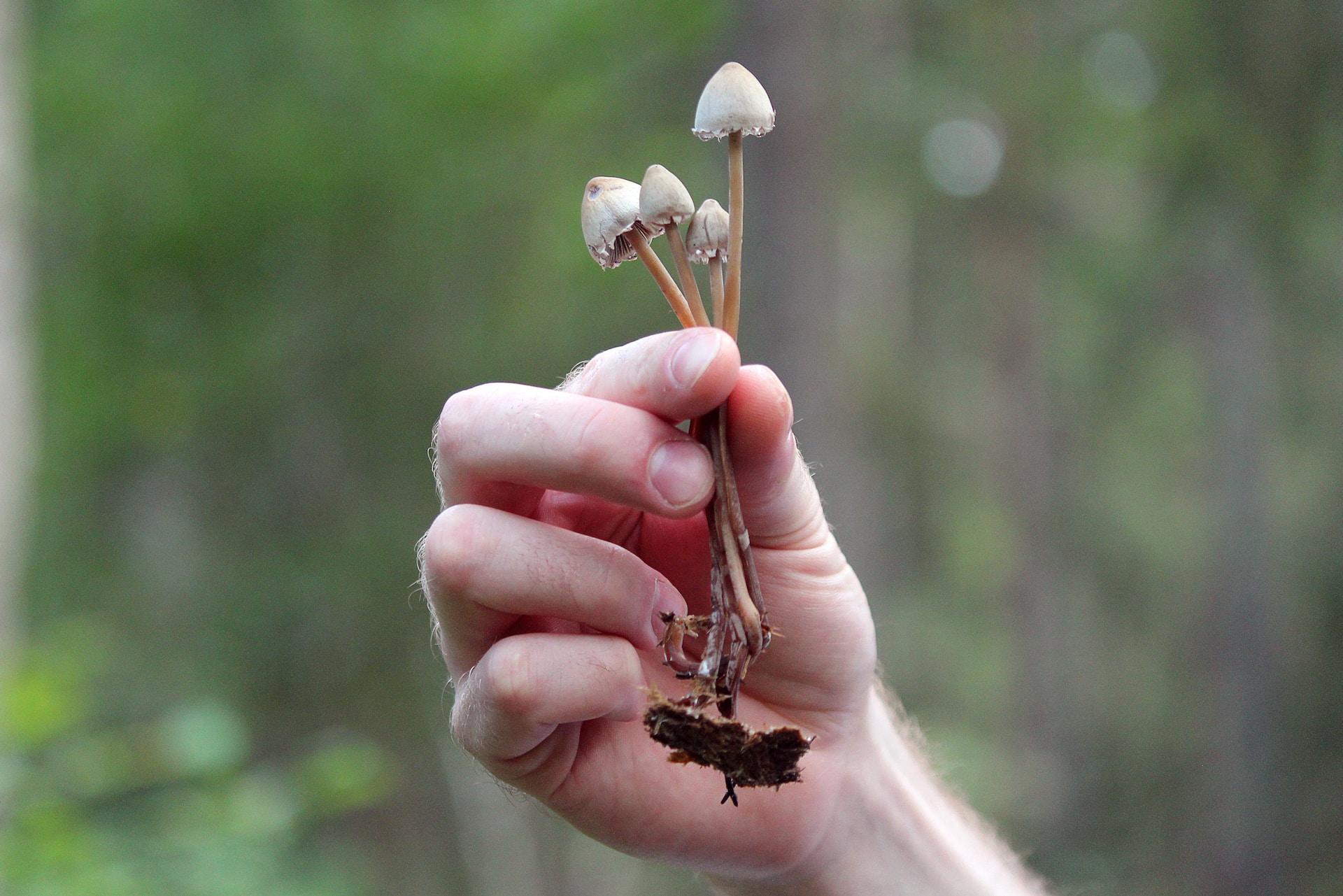Australia first to prescribe MDMA and psilocybin for depression, PTSD

On 1st July, Australia became the first country to allow psychiatrists to prescribe MDMA, also known as ecstasy, for PTSD. Psilocybin, the psychoactive ingredient in hallucinogenic (or ‘magic’) mushrooms, can also be given to those with treatment resistant depression (TRD).
The two drugs have now been placed on the list of approved medicines by the Therapeutic Goods Administration (TGA), after a near-three-year process and extensive consultation with experts. Both drugs have also shown potential for treatment of anxiety, anorexia, and substance addiction.
While Canada and Israel permit individual use of the drugs on compassionate grounds or in clinical trials, Australia has now become the first country to regulate the drugs as medication, which are to be prescribed by approved psychiatrists.
The intention for this legalisation was announced in February this year and, whilst shocking for some, has been welcomed by others. Chris Langmead, deputy director of the Neuromedicines Discovery Centre at the Monash Institute of Pharmaceutical Sciences, commented that there had previously “been very few advances in the treatment of persistent mental health issues in the last 50 years”.
It’s not just in Oceania that such open-minded developments have been taking place: Oregon was the first US state to legalise adult use of psilocybin and the drug was decriminalised in Colorado last year. Indeed, the US Food and Drug Administration (FDA) deemed psilocybin a "breakthrough therapy" back in 2018.
Furthermore, only late last month the FDA released draft guidance on the design of clinical trials for testing psychedelic drugs as potential treatments for a wide range of medical conditions.
Without final FDA determination, however, the American Psychiatric Association has not yet given its endorsement, and it is generally agreed – both in the US and Australia – that more research on efficacy and safety is needed, psychedelics known to cause hallucinations. The FDA’s director of psychiatry, Tiffany Farchione, stated that “[t]hese are still investigational products.”
A phase II trial by Compass Pathways, published late last year in the New England Journal of Medicine, showed that a 25 mg dose of psilocybin was twice as effective as a 1 mg dose in combating TRD – but significant side effects were noted.
Dr Paul Liknaitzky, head of Monash University's Clinical Psychedelic Lab, said: "There are concerns that evidence remains inadequate and moving to clinical service is premature [and] that incompetent or poorly-equipped clinicians could flood the space […]”
Another concern is that treatment will be unaffordable for most: in Australia, the drugs are to be priced at about AUS$10,000 (roughly £5,200) per patient for treatment.
As Beckley Psytech’s Cosmo Feilding Mellen wrote for pharmaphorum recently, according to the World Health Organization (WHO), of the 280 million people globally that have depression, a third live with TRD, where a person’s depression symptoms do not improve with first and second-line treatment.
UK-company Beckley Psytech has initiated a phase IIa trial in its synthetic 5-MeO-DMT (or Mebufotenin) candidate, BPL-003, as a treatment for TRD, exploring the safety, efficacy, and pharmacokinetics of a single dose of BPL-003, in combination with psychological support.
Image by Tania Malréchauffé on Unsplash.













